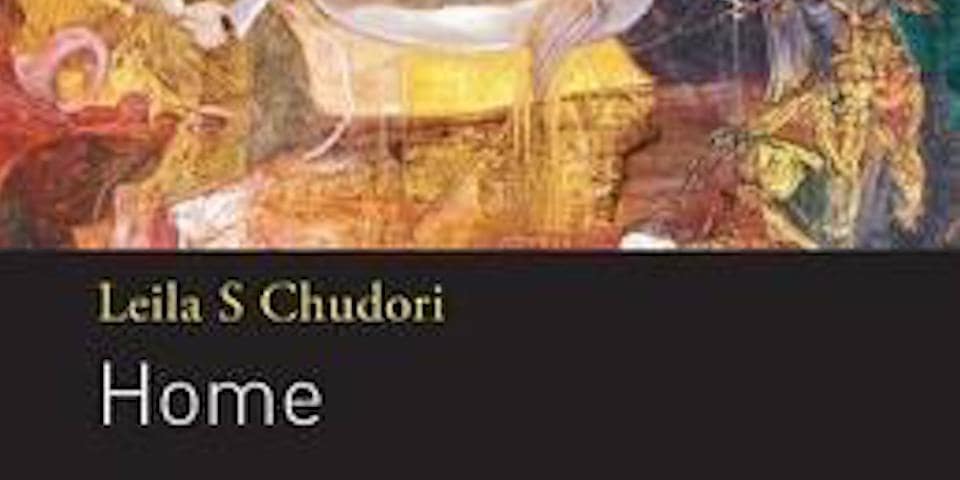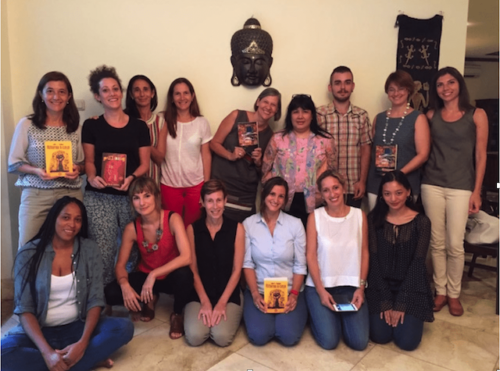Home by Leila Chudori, a great Indonesian novel

I am so happy I decided to join the Literature Study Group of the Indonesian Heritage Society. If I hadn’t, today I would not have read Home by Leila Chudori, a great Indonesian writer and journalist.
I practice Linguistic Empathy and I expect you to do the same. Please bear with me if my English is not perfect.
Set in different moments of Indonesian History (1965, 1998 and some moments in between), Home by Leila Chudori tells the story of a group of Indonesians forced into exile when the bloody events of 1965 occurred.
Focused on Dimas, one of them, the novel accompanies the group from their students days in Jakarta all through their lives in Paris, the place where they decided to settle down and live their exile.
Later, some of them will manage to get a visa to visit Indonesia occasionally, but Dimas, considered dangerous by its government for his political ideas, will be forever banned.
Their lives are marked by the ever open wound of being forced to never return to their country from a trip they had all thought to be temporary. Something that, as you can imagine, I immediately linked to the shocking injustice done to the Palestinian people.
In this sense, the novel is universal. While focusing on some very precise aspects of Indonesia, it tells of violence, injustice and pain that are common to all people who are banned from their lands.
What is remarkable in Home by Leila Chudori, is the delicate and elegant way in which the longing for the homeland is transmitted. That is actually the leading theme in the story. While it touches upon many aspects of human life – falling in love, friendship, family, political fights, food and much more – the bitterness for being unable to return seeps through every event of the protagonist’s life.

We watch him discover his first love, in Jakarta, and then falling in love again in the lively and turbulent Paris of 1968. We accompany him while he tries to come to terms with the idea of never again seeing his family back home. We see him become a father, and then create a restaurant that will become a meeting point both for exiles and for those wanting to taste the real Indonesian food.
That restaurant, which really exists, is what brought the novel to life. We were so lucky to have Leila Chudori, the author of the book, attending our book club meeting when we discussed Home. She told us how the idea was born, and how meeting the real Dimas (Omar Said, founder of the Restaurant Indonesia, Rue de Vaugirard 12, Paris) brought all her thoughts and feelings about writing a book on the 1965 facts together.
Unfortunately Omar did not manage to read the book, which was published shortly after his death (he could read the first two chapters, though), but I have no doubts he would have appreciated every single word of the novel.

Indonesia is the background and the backbone of the story of each and every character: Dimas and his exile friends, the beautiful Vivienne, the Parisian girl who marries Dimas and has to come to terms with his wound, each and every person and family in Indonesia, and Lintang, Dimas and Vivienne’s daughter.
And it’s exactly around Lintang that the story is taken to a higher level, and delve even deeper on themes like belonging, home and identity. Lintang has always absorbed Indonesia through her father’s sorrow, and his way of dealing with it. In his relationship with his country, there are things that remain mysterious, others that are openly painful, and others more explicit and positive, like his relationship with food, described in the whole, superb part on the restaurant.
It is in the redefinition of Lintang’s identity, and in her shaping the relathionship with Indonesia on her own terms, that the novel finds its ultimate meaning and completion: what Dimas went through is not lost, but lives in Lintang, whose generation has the important task of making sure the dark pages of Indonesian history will never be written again.
Claudia Landini
September 2016
Photos ©ClaudiaLandini
